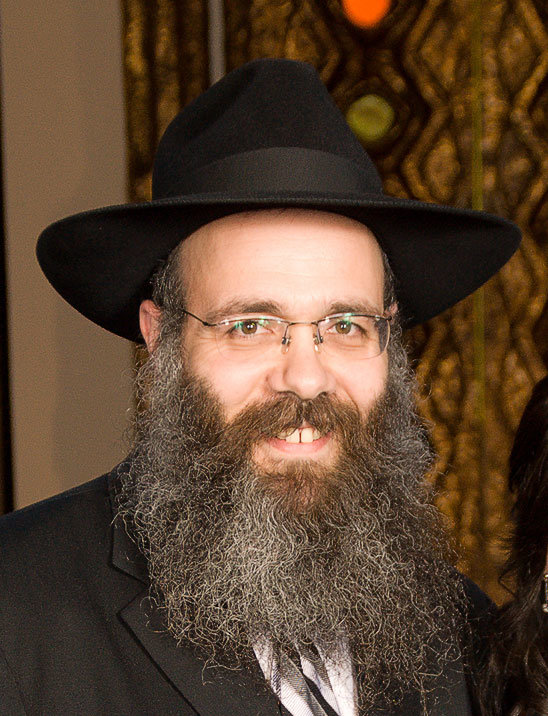Passover, a time for new beginnings
One of the things the Torah tells us about Pesach is that we have to celebrate it in the spring. “Guard the month of the spring and keep the Passover for your L-rd...” (Deut. 16:1.)
What can we learn from the fact that Pesach is celebrated in the spring?
One lesson we can learn has to do with the radical transformation that occurred to us when G-d took us out of Egypt. The redemption from Egyptian slavery was not a gradual or incremental change. It was a radical transformation from one extreme to the other. As we read in the Haggadah, we were taken from “avdus l’cheirus”(slavery to freedom) from “afeilah l’ohr gadol” (deep darkness to great light).
The symbol in nature for this kind of radical change from one extreme to another is the germination of the seed. The seed is planted and decays in the ground thereby losing its entire identity. Then, in the springtime, when the pulse of nature is reawakened, the seed emerges not as a seed but as the beginnings of a tree.
A tree is not an improved version of a seed. To the contrary, the seed had to completely stop being a seed. It had to become nothing. And then it could become something else completely.
The metaphor of the seed represents how not only is it possible to go from one extreme to another but that it is natural, if we have the courage to allow ourselves to undergo this kind of change.
There were people who were comfortable in Egypt, too. They feared the unknown. They wanted to stay behind. But imagine a seed that was so afraid of losing itself that it refused to ever become a tree.
Someone once observed, “Anyone can count the seeds in an apple but only G-d can count the apples in a seed.” Our true hidden potential is so infinitely vast that only G-d can know it. Like the seed, however, we will never reach this true potential if we always hang on to remaining a seed.
So, how do we allow ourselves to become nothing so that we can blossom into a completely new and different something? The word is humility.
The lesson of Pesach is that G-d did for us what we could never have done for ourselves. When we eat the flat matzah symbolizing humility we express our willingness to “let go and let G-d” so that we can undergo radical transformation in our own lives.
There is a saying, “When you’re down to nothing, G-d’s up to something.” Or also like they say, sometimes the greatest thing that can happen is to “hit bottom.” So take heart, don’t fear change, become what you were destined to be and give in to radical transformation.
Over the past couple of years, we have seen many things fall apart. Much of what we came to rely upon and expect as normal has simply disappeared and it is uncertain if it will ever be replaced.
Yes, this can be frightening. But we must embrace this opportunity for new beginnings. In many ways, we have been given a fresh slate. We can begin anew and completely reinvent ourselves if we wish.
I invite you this Passover season to do something bold. Take on some form of Jewish practice that may have seemed unattainable to you in the past or inconsistent with your lifestyle.
There’s no better time than right now for each of us to become something completely new. For more information and for all your Passover needs please go onto our website www.chabadfivetowns.com/passover.
Rabbi Wolowik leads the Chabad of the Five Towns.






